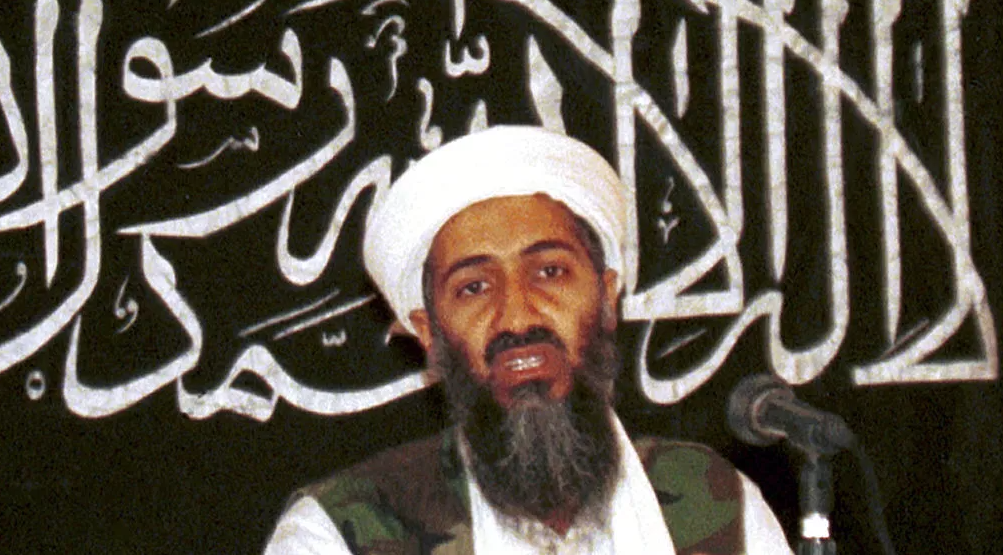An al-Qaida leader named Abu Hudhaifa al-Sudani issued a stern warning in October 2022, saying, “Sudan’s moment has come; chaos is our chance to sow the seeds of jihad.” His statements may have seemed hasty when he said them, but after a year of nonstop civil war, Sudan is now in a state of anarchy where terrorist groups flourish. Now more than ever, the possibility of al-Qaida making gains in Sudan is a real and present danger to national, regional, and even global security.
When hostilities broke out in April 2023 between the SAF and the paramilitary Rapid Support Forces, it left a power vacuum that extremists were quick to seize. At the same time, key regions like as Darfur and southern Khartoum have been coming under the authority of the Rapid Support Forces, who were formerly associated with Omar al-Bashir, the former president of Sudan. There is fear that the battle, whatever of its resolution, would foster the growth of radical ideology due to accusations that both sides are recruiting Islamist fighters.
The idea that Sudan could become a bastion for al-Qaida is quite concerning to me as someone who studies defense policy and analyzes counterterrorism. A possible takeover by the Rapid Support Forces brings to mind the conditions in pre-9/11 Afghanistan, when the al-Qaida rise was facilitated by the Taliban regime.
The history of Sudan is marked by decades of extremism and conflict. The 1989 coup d’état by al-Bashir, who allied the country with extreme Islamist ideology and provided sanctuary to al-Qaida leader Osama bin Laden, planted the seeds. The construction of training camps and the expansion of al-Qaida’s finance network show that Sudan remained a hub for extremist activity even after bin Laden was expelled in 1996 as a result of international pressure.
When Hemeti of the Rapid Support Forces and Sudanese Armed Forces General Abdel Fattah al-Burhan staged a coup in 2021, the already unstable situation in Sudan became much worse. Claims of ethnic cleansing against the Indigenous Masalit people in West Darfur have surfaced as a result of the paramilitary group’s aggressive actions, which Hemeti has presided over.
Beyond its historical links with bin Laden, Sudan retains strategic importance for al-Qaida. Because of its strategic location between North and sub-Saharan Africa, Sudan is a target for Islamist extremists who want to expand their influence in the area. Following recent developments, such as the United States’ withdrawal from Afghanistan, al-Qaida has felt empowered to restore its foothold in the nation by establishing new training camps and madrassas.
Abu Hudhaifa al-Sudani and others have laid out extensive plans to expand al-Qaida’s influence in Sudan, highlighting the group’s renewed ambitions in the region. According to his 2022 manifesto, he plans to establish a jihadi caliphate that will span the entire country, with Khartoum serving as its command center. The growing influence of al-Qaida in war zones, along with its repeated warnings of another 9/11-style assault, puts them in a prime position to attack American interests around the world.
In the event of an extremist coup in Sudan, serious consequences would follow. In the past, al-Qaida’s efforts in Afghanistan, which lacked resources, had catastrophic results; however, in Sudan, which has an abundance of resources, their capabilities may be much enhanced. The abundance of oil, gold, and arable land in the country provides al-Qaida with a golden opportunity to establish partnerships and finance its operations.
In addition, Sudan’s strategic importance is heightened by its proximity to the Red Sea. Regional conflicts and important trade routes could be worsened if al-Qaida affiliates in Somalia, Yemen, and the Sahel gain control of this area. Tensions could rise and wider global turmoil could be triggered by the possibility of more piracy, militarized blockades, and an uncontrolled movement of armaments.
Regardless of these impending dangers, Western powers seem to have forgotten about Sudan in favor of wars in Europe and the Middle East. Potential reactions to Sudan’s dilemma are further complicated by competing interests among U.S. Gulf allies.
Finally, al-Qaida’s return is likely to take place in Sudan due to the country’s increasingly unstable situation. In order to stabilize the region, combat extremist ideology, and stop the country from becoming a terrorist breeding ground, the international community must work together to address this threat. Serious ramifications for international and regional stability can result from a lack of swift action.


















